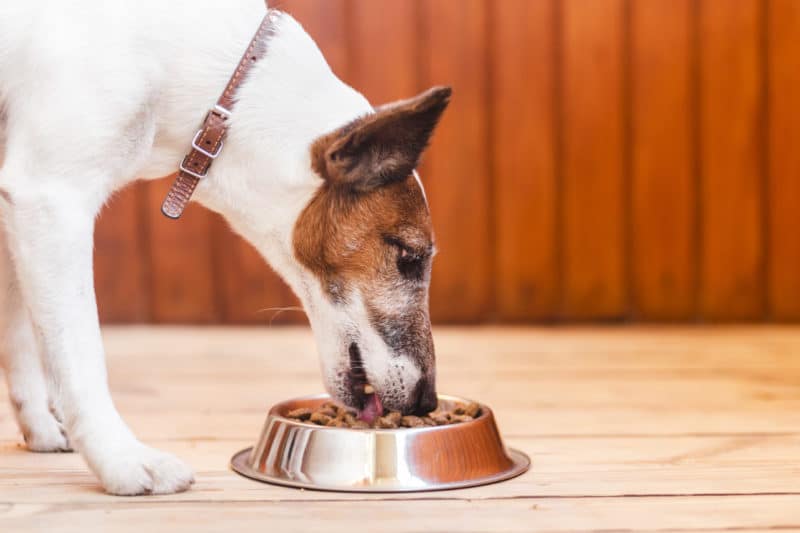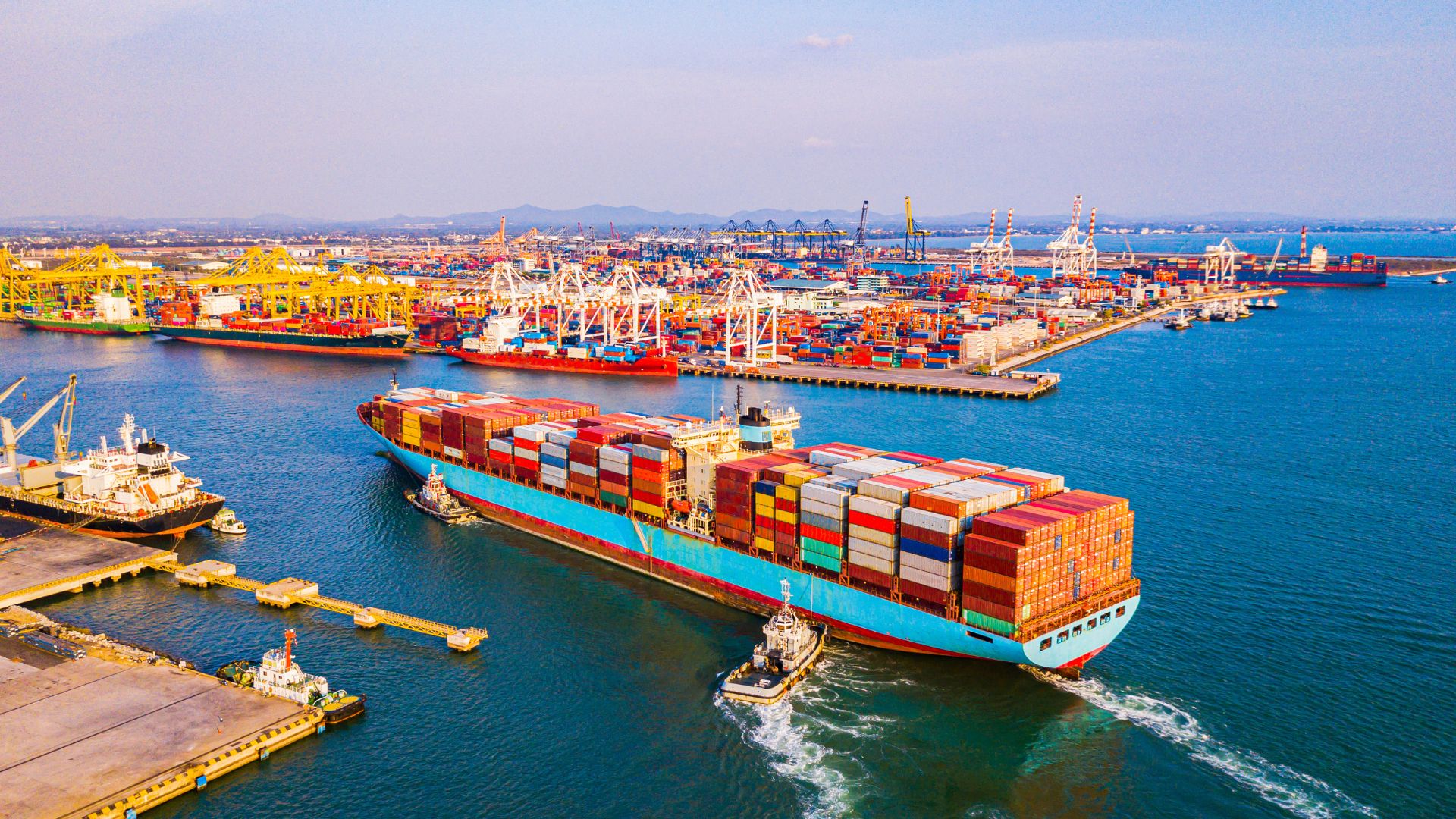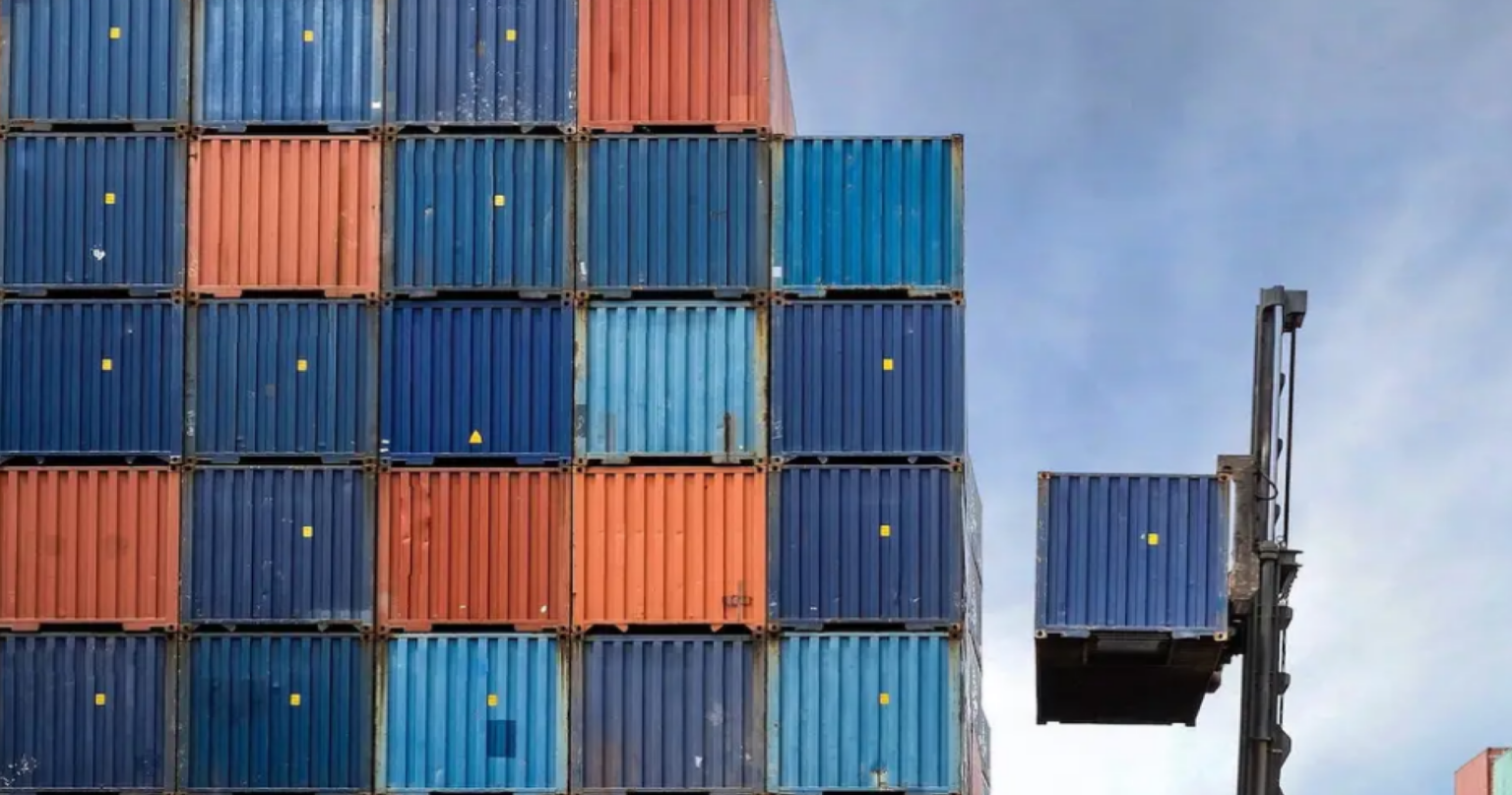Animal feed is food intended for animal consumption, including food and treats for pets and food for farm animals. The U.S. FDA’s Center for Veterinary Medicine (CVM) is responsible for regulating animal feed intended for consumption in the U.S., including feed for chickens, turkeys, cows, pigs, sheep, fish, dogs, cats, and horses. It is their responsibility to ensure animal feed products are, safe, produced in a sanitary manner, and appropriately labeled.
Get assistance with FDA compliance.
Registrar Corp’s Food Safety Specialists can develop, review, or implement FSVPs for FDA compliance, help you file Prior Notice, and more.
For more information, call us at +1-757-224-0177, email us at info@registrarcorp.com, or chat with a Regulatory Advisor 24-hours a day at www.registrarcorp.com/livechat.
Animal food importers must follow the Foreign Supplier Verification Program for Food Importers regulation (FSVP Rule). Read on to learn more about the requirements and process.
Registration
Facilities that manufacture, process, pack, or hold animal food for consumption in the United States must register with FDA as an animal food facility. Importers must ensure they are importing products from a facility with an active FDA registration. If FDA discovers that a foreign food facility is not registered, the food being imported will be held at the port of entry. In this case, the food will not be released to the importer until the foreign facility is registered and has provided FDA with the registration number, along with any other information FDA requires.
Prior Notice
Before a facility ships food products to the U.S., FDA requires submission of Prior Notice to inform FDA of the shipment’s pending arrival. Anyone with knowledge of the shipment, including the importer, can submit Prior Notice.
Prior Notice must be submitted to FDA no less than:
- Two hours if arriving by road
- Four hours if arriving by air or rail
- Eight hours if arriving by water
For shipments arriving by international mail, Prior Notice should be submitted before the package is shipped.
Customs Brokers/Entry Filers
All shipments entering the U.S. must be declared with the U.S. Customs and Border Protection (CBP). This process includes submitting complete entry documents and information through the ACE (Automated Commercial Environment) system. It is important to submit a proper and complete entry to CBP for a successful entry. Many importers outsource the entry process to a customs broker or entry filer who assists the importer with submission of entry information and payments required by CBP.
After the entry submission, FDA will review product compliance. If the agency finds products to be violative of the applicable FDA laws and regulations, the shipment can be detained and ultimately refused if the issue cannot be corrected.
Ingredients
Ingredients used in animal food must be either approved food additives, generally recognized as safe (GRAS), or meet the name and definition of an acceptable ingredient as published in the Official Publication (OP) of the Association of American Feed Control Officials (AAFCO). Importers should be aware that some ingredients approved for use in human food are not considered safe for use in animal food.
FDA’s CVM also regulates animal drugs used in medicated feed. These drugs must be deemed safe and effective for the animals that consume the feed. Medicated feed intended for food-producing animals must not only be safe for the animals, but their use must consider the safety of the humans that will subsequently consume the products from animal origin.
FSVP
Under the FSVP Rule, the U.S. owner or consignee of a food at the time of U.S. entry must develop and implement an FSVP for that product and its supplier prior to import.
An importer must designate a Qualified Individual to conduct all FSVP-related activities. Under the standard FSVP requirements these activities include identifying reasonably foreseeable hazards and appropriate controls for the animal food, verifying the foreign supplier’s compliance with the applicable FDA standards and their compliance history, determining proper verification activities, and conducting corrective actions, when necessary.
The Qualified Individual must have the education, training, or experience necessary to perform FSVP responsibilities. The importer must ensure that only products from the approved suppliers are imported and that the FSVP is adequate and regularly updated for all products requiring an FSVP.
Get assistance with FDA compliance.
Registrar Corp’s Food Safety Specialists can develop, review, or implement FSVPs for FDA compliance, help you file Prior Notice, and more.
For more information, call us at +1-757-224-0177, email us at info@registrarcorp.com, or chat with a Regulatory Advisor 24-hours a day at www.registrarcorp.com/livechat.








